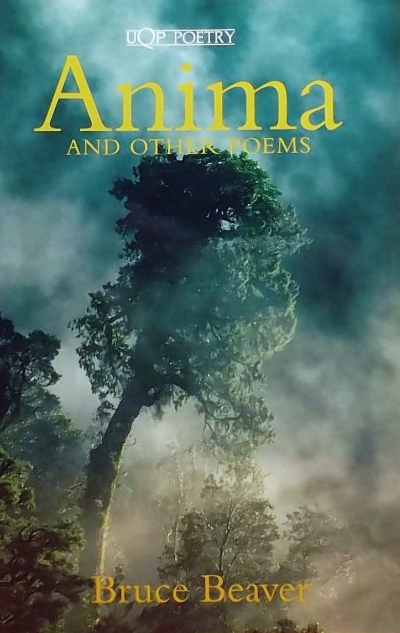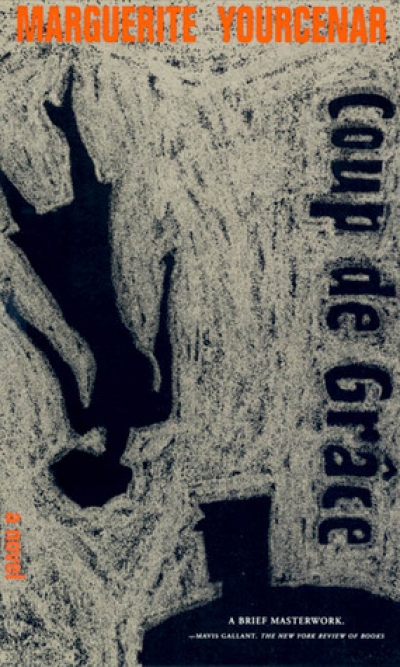Simon Patton
Award-winning Western Australian poet Philip Salem is both surprised and delighted by the response to his first novel, Playback. Simon Patton spoke to him recently during a brief visit to Melbourne.
... (read more)He described himself as a ‘no-hoper’ (he died in a mental hospital in the poverty of his poetry and Catholic faith). These days, the label ‘a poet’s poet’ is sufficient to scare off anyone interested in approaching a body of work that is both substantial and challenging. With the publication of this annotated collection, containing most of Webb’s known poetry and extracts from his verse dramas, it is just a little dispiriting to see Webb’s work acquire a whiff of canonical sanctity. A short, cautious introduction by the editors Michael Griffith and James McGlade concludes with the respectful praises of five eminent Australian poets, as if a show of hands from the panel of distinguished experts were enough to explain anything of the enigma of Frank Webb to someone coming across his work for the first time. I think he deserves more. In an age where packaging plays such a conspicuous role, it is time to rescue Webb from the shrine of Tradition and to make an effort towards attracting new readers to a poet who magnificently defies idle curiosity.
... (read more)Simon Patton reviews 'The Earthquake Lands' by Hal Colebatch, 'The Winter Baby' by Jennifer Maiden, and 'To the Ocean & Scheherazade' by Richard Allen
One of the challenges confronting the writer of poetry is the balancing of public and private modes in an engaging and satisfactory whole. In these three collections the precarious possibilities of balance, of confiding and confronting, are attempted in very different ways.
... (read more)





